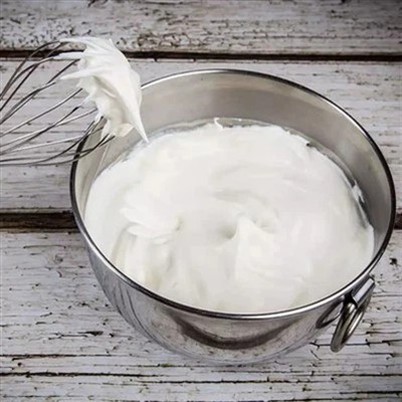پیام بگذارید
Artificial sweeteners, also known as nonnutritive sweeteners, are man-made sugar substitutes that are many times sweeter than regular sugar. They are often used in foods and drinks marketed as "diet" or "low calorie" products. Some common artificial sweeteners include:
- Aspartame (e.g. Equal, NutraSweet)
- Saccharin (e.g. Sweet''N Low)
- Sucralose (e.g. Splenda)
- Stevia (e.g. Truvia, PureVia)
- Acesulfame potassium (e.g. Sweet One)
Among the five common artificial sweeteners listed above, stevia is generally considered to have the least impact on blood sugar levels. Stevia is derived from the leaves of a South American plant and has been used as a natural sweetener for centuries. It is non-caloric and does not affect blood sugar levels.
Sucralose is also a non-caloric sweetener and does not raise blood sugar levels. It is commonly used in products such as diet soda and sugar-free gum.
Aspartame and acesulfame potassium are also non-caloric sweeteners that do not increase blood sugar levels. However, some people may be sensitive to these sweeteners and experience side effects such as headaches.
Saccharin is the oldest artificial sweetener on the market and is also non-caloric. However, some studies have suggested that consuming large amounts of saccharin may increase the risk of bladder cancer in humans.






